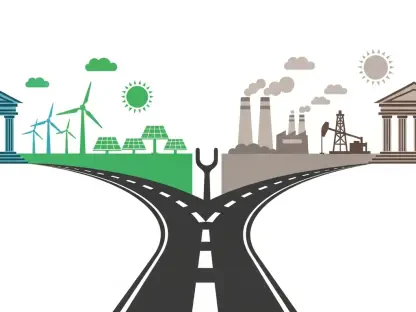Burgess BioPower, a company specializing in biomass energy, is navigating the challenging waters of bankruptcy, seeking to regain stability and ensure its continued operation. Recently, the legal landscape surrounding their case saw a significant development as a judge approved a crucial settlement agreement. This judicial nod is pivotal in the company’s restructuring efforts, providing a structured path to address its financial obligations. Meanwhile, the city is demonstrating its support by negotiating a reduced tax payment agreement with Burgess BioPower, underscoring a collaborative effort between the public sector and the beleaguered company. These moves reflect a broader theme of economic adaptation, where both governmental bodies and private enterprises work hand-in-hand to mitigate fiscal distress.
The cooperation between the city and Burgess BioPower is emblematic of a strategic approach to economic resilience. By re-evaluating tax obligations and easing financial burdens, the city aims to create a sustainable pathway for the company to emerge from bankruptcy. Such public-private partnerships are critical in addressing corporate financial distress and fostering stability within local economies. The settlement approval is not merely a legal formality but a significant step towards Burgess BioPower’s recovery, offering a structured mechanism to meet its debts and operational costs. In conjunction with tax renegotiations, these measures illustrate a comprehensive strategy aimed at rehabilitating the company’s financial health.
As Burgess BioPower navigates these turbulent times, the outcomes of the settlement agreement and tax negotiations will be closely watched. These efforts highlight the importance of flexible and adaptive economic policies in aiding companies facing financial crises. The proactive stance taken by the city, coupled with judicial support, reinforces the necessity of collaborative problem-solving in overcoming economic challenges. While the road to recovery may be long, the coordinated actions of public and private entities foster hope for Burgess BioPower’s future viability and underscore the critical role of strategic partnerships in economic recovery and resilience.









